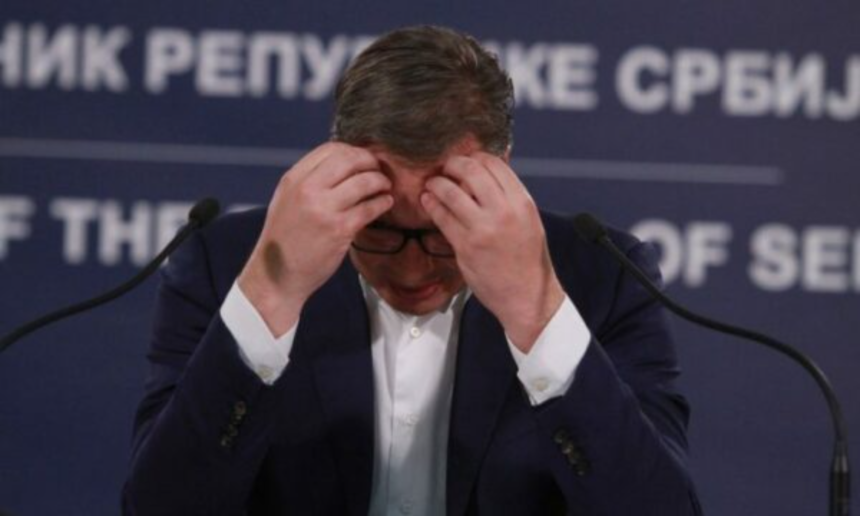Serbia’s foreign policy appears increasingly isolated, caught between major global powers, as analysts question whether President Aleksandar Vučić still has any reliable allies.
From Putin to Trump and Erdogan to Netanyahu, Serbia has attempted to maintain friendly relations with all, but recent events suggest this strategy is failing. As Boško Jakšić, a political journalist, notes: “You cannot simultaneously bet on Erdogan and Netanyahu. One man thought he could.”
Vučić previously praised Turkey’s President Erdogan as a personal friend who even calls during family emergencies. Yet, Serbia was left out when Turkey sent kamikaze drones to Kosovo, received instead by Prime Minister Albin Kurti—a clear diplomatic setback for Belgrade.
Similarly, while most world leaders avoided meeting Israeli Prime Minister Netanyahu at the United Nations amid accusations of genocide in Gaza, Vučić highlighted Serbia as one of the few countries still siding with Israel, even supplying munitions—further alienating parts of the international community.
Analysts point to the domestic roots of Serbia’s foreign policy failures. Jakšić states: “Foreign policy stems from domestic politics. Serbia is in its deepest political and social crisis in decades, so you cannot expect successful diplomacy.”
Duško Lopandić, diplomat and vice president of Serbia Center, adds: “You cannot pretend to be neutral and friends with everyone. If China and the U.S. are in conflict, or Europe and Russia are at odds, you must make clear choices.”
The result, according to both analysts, is that Serbia today has no sincere allies. Jakšić observes: “One chair falls, then another, now you’re stranded and stuck.” Lopandić notes that even the symbolic “stool from the White House” has collapsed.
The country’s previous pride in resisting sanctions on Russia has backfired, as U.S. sanctions hit Serbia after Russian sanctions failed to affect the region. Jakšić and Lopandić suggest that Serbia’s diplomatic missteps have left the nation stranded, lacking a coherent foreign policy.







